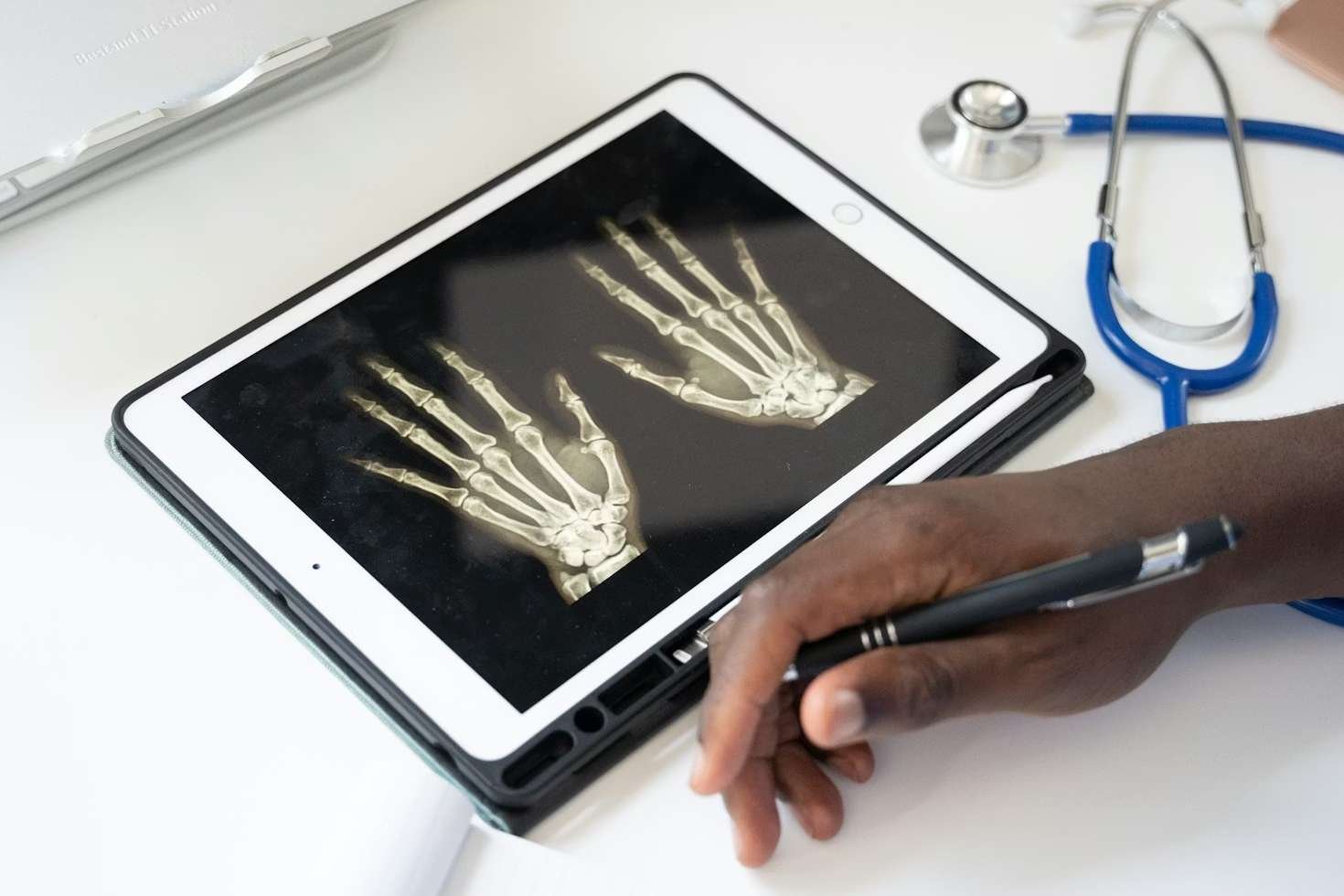In 2026, a medical practice’s website is no longer a passive source of information. It is a regulated digital environment that interacts with patients, collects sensitive health information, enables bookings and payments, and promotes regulated health services. Every one of those functions carries legal and professional risk.
Read MoreOnline coaching has rapidly become a core part of many health practitioners’ businesses Psychologists, nutritionists, dietitians, allied health professionals, fitness practitioners and wellness coaches are increasingly offering structured online programs, group coaching, and one-to-one guidance delivered through digital platforms. For many, online coaching provides flexibility and a way to support clients beyond traditional in-person services.
Read MoreIn today’s digital world, social media is one of the first places people go to learn about healthcare providers, services and health information. For medical practices, this presents an exciting opportunity to connect with patients, educate the public and build your brand. However, it also comes with significant legal and professional risks if handled incorrectly.
Read MoreRunning a medical practice requires more than delivering excellent patient care. In today’s regulatory, financial and competitive environment, a truly successful practice is one that balances clinical integrity, commercial performance and legal Compliance. Many practice owners focus heavily on patient outcomes (as they should), but neglect to regularly assess the health of the business itself.
Read MoreArtificial intelligence (AI) is no longer a futuristic concept in healthcare, it’s here, woven into everyday operations. From patient triage chatbots and diagnostic support systems to scheduling tools and billing platforms, AI is transforming how medical practices function. For buyers, this raises a critical question: What exactly are you inheriting when you purchase a medical practice that has AI in its operations?
Read MoreAfter recent changes to the Privacy laws, regulators are tightening the enforcement action taken in relation to on data security, in line with community expectations. Australian Clinical Labs (ACL) has recently been hit with a $5.8 million civil penalty for a major privacy breach that exposed the personal information of more than 200,000 Australians.
Read MoreYou’re drowning in admin work. Your phone never stops ringing. The practitioners in your medical practice are buried in paperwork or emails instead of seeing patients.
A virtual assistant (VA) could be your lifeline. But hire the wrong way, and you are looking at privacy breaches, ATO audits and serious liabilities.
The reality is that the stakes are higher in medical practices - more so than almost any other business. Your VA will handle patient health information, access your practice management system, and become part of your operational backbone.
Read MoreA major shift is coming for psychologists in Australia. On 1 December 2025, the Psychology Board of Australia (PsyBA) will replace the APS Code of Ethics with its own Code of Conduct for Psychologists.
This isn’t just a change in name. The new Code embeds far more detailed expectations about informed consent, cultural safety, professional boundaries, records, and supervision. Compliance won’t happen automatically, every psychology practice, whether solo or group, will need to take deliberate steps now to be ready.
Read MoreA common feature of employee engagement within Australia’s workforce, particularly in the healthcare sector, is casual employment. Rosters often need to be flexible to accommodate patients, practitioners’ availability and seasonal fluctuation. However, due to the recent “Closing Loopholes” reform to the Fair Work Act, the requirements for who is considered a casual worker have changed, along with how they can convert to permanent employment.
Read More







